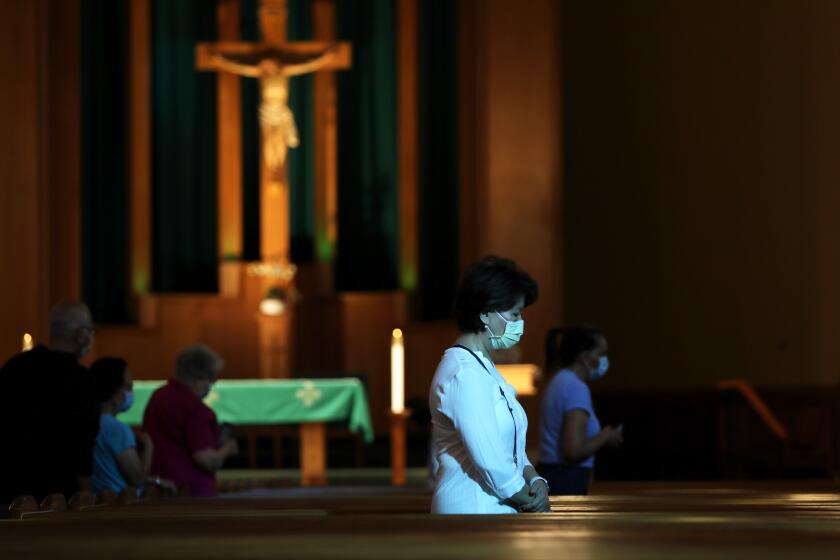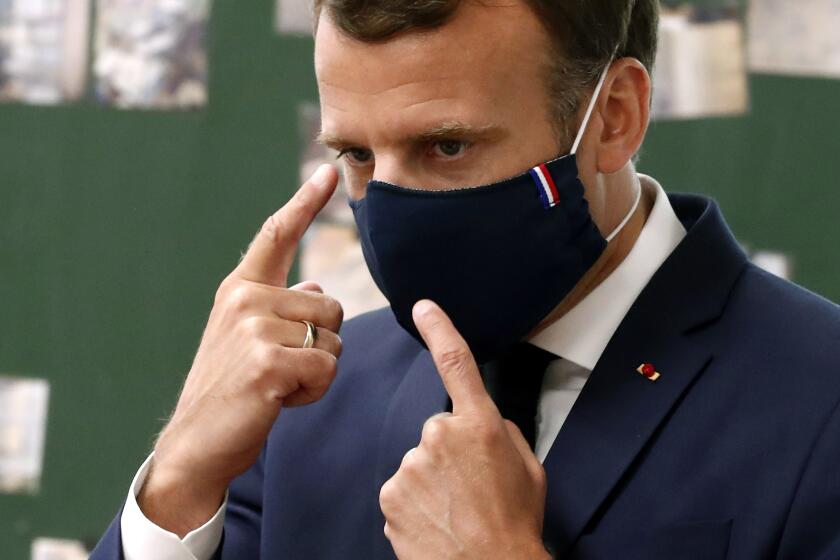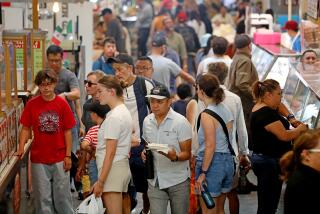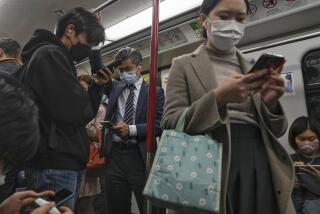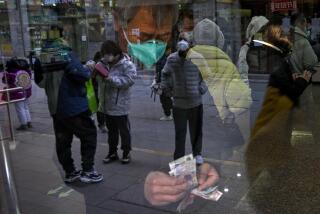Britain, France set to toughen rules on wearing coronavirus masks in public
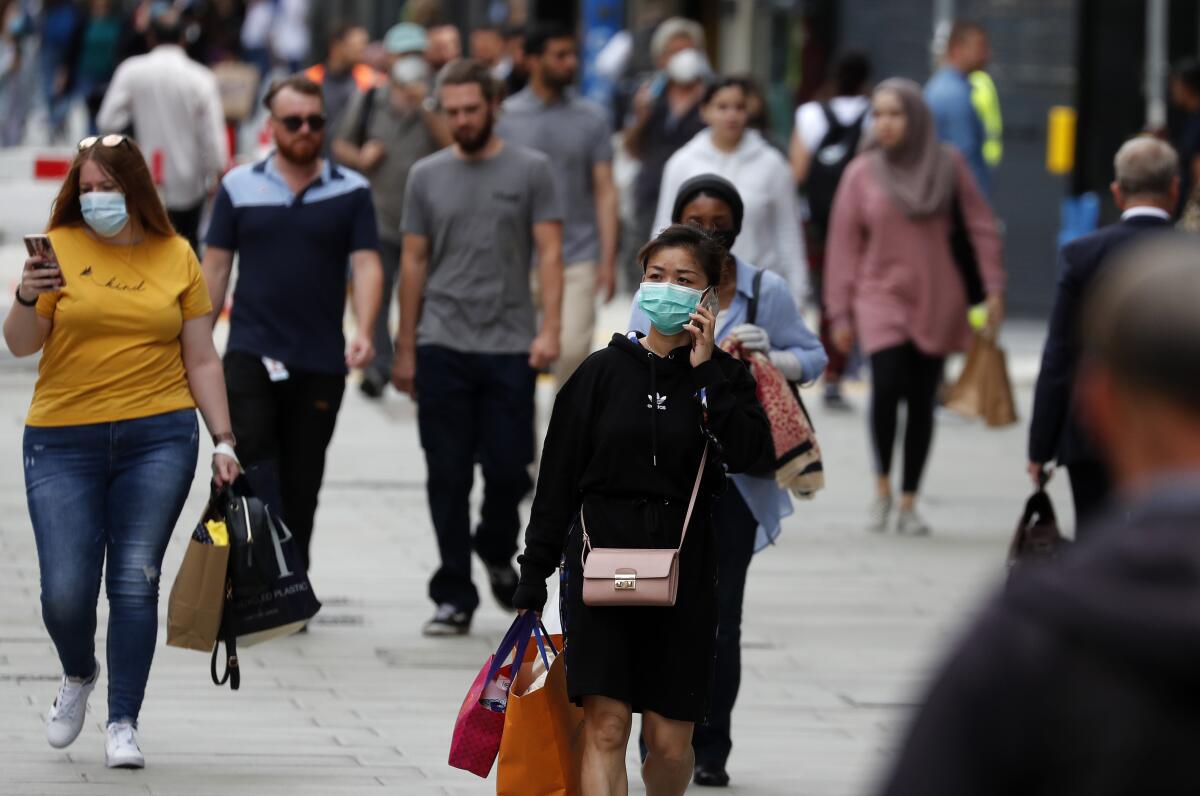
LONDON — British Health Secretary Matt Hancock said Tuesday that the wearing of masks will be mandatory in shops and supermarkets in England starting July 24, a decision that followed weeks of prevarication by the government over the effectiveness of face coverings during the coronavirus crisis.
On the other side of the English Channel, amid signs of a slight virus resurgence in France, President Emmanuel Macron said Tuesday that he, too, wants to require masks in all indoor public spaces by Aug. 1.
Hancock told lawmakers in the House of Commons that face coverings can help keep people working in shops safe and can give people more confidence to shop safely.
“We are not out of the woods yet so let us all do our utmost to keep this virus cornered and enjoy summer safely,” he said.
Already, people in England have to wear face coverings on public transport and in hospitals. Anyone who fails to do so can be fined $125 (U.S.), and shops will be able to refuse entry to anyone failing to comply.
Children under 11 and those with certain disabilities will be exempt.
Mask-wearing in public has become an increasingly pressing and politicized issue as the economy reopens and cases surge across the nation.
Hancock stressed that wearing a mask complements other measures aimed at keeping a lid on the COVID-19 pandemic, such as washing hands and abiding by social distancing rules.
“We cannot let our progress today lead to complacency tomorrow,” he said.
Many European nations, including Germany, Spain, Italy and Greece, already require masks to be worn in enclosed spaces. Britain and France had taken a more relaxed attitude, recommending but not requiring their use.
British Prime Minister Boris Johnson, who in the spring spent a week in the hospital being treated for COVID-19, had not been seen in public in a mask until last week. On Monday morning, he urged people to wear them. On Monday evening, his government announced that it would be compulsory.
In an interview with French television networks marking Bastille Day, Macron said “the best prevention” against the virus consisted of masks, social distancing and hand washing.
The companies that helped France avoid a shortage of coronavirus-filtering face wear for daily use seek help unloading a surplus of 20 million masks.
Recent rave parties in France and widespread backsliding on social distancing — including within Macron’s presidential palace and other government facilities — have raised concern and spurred the government to consider tougher mask rules.
British authorities are hoping the public will comply without threat of punishment. London Mayor Sadiq Khan told the BBC he believed that “Londoners by and large will follow the rules,” without too much need for the police.
“The problem is not the issue of enforcement. The problem is the mixed messages and the confused communications,’’ Khan said.
British Environment Secretary George Eustice also did not rule out the possibility that masks could become compulsory in offices and other workplaces. He told the BBC on Tuesday that the government was taking “one step at a time.”
The new requirement of masks in shops applies only in England. Scotland’s regional government has already made masks mandatory in stores there.
More to Read
Sign up for Essential California
The most important California stories and recommendations in your inbox every morning.
You may occasionally receive promotional content from the Los Angeles Times.
